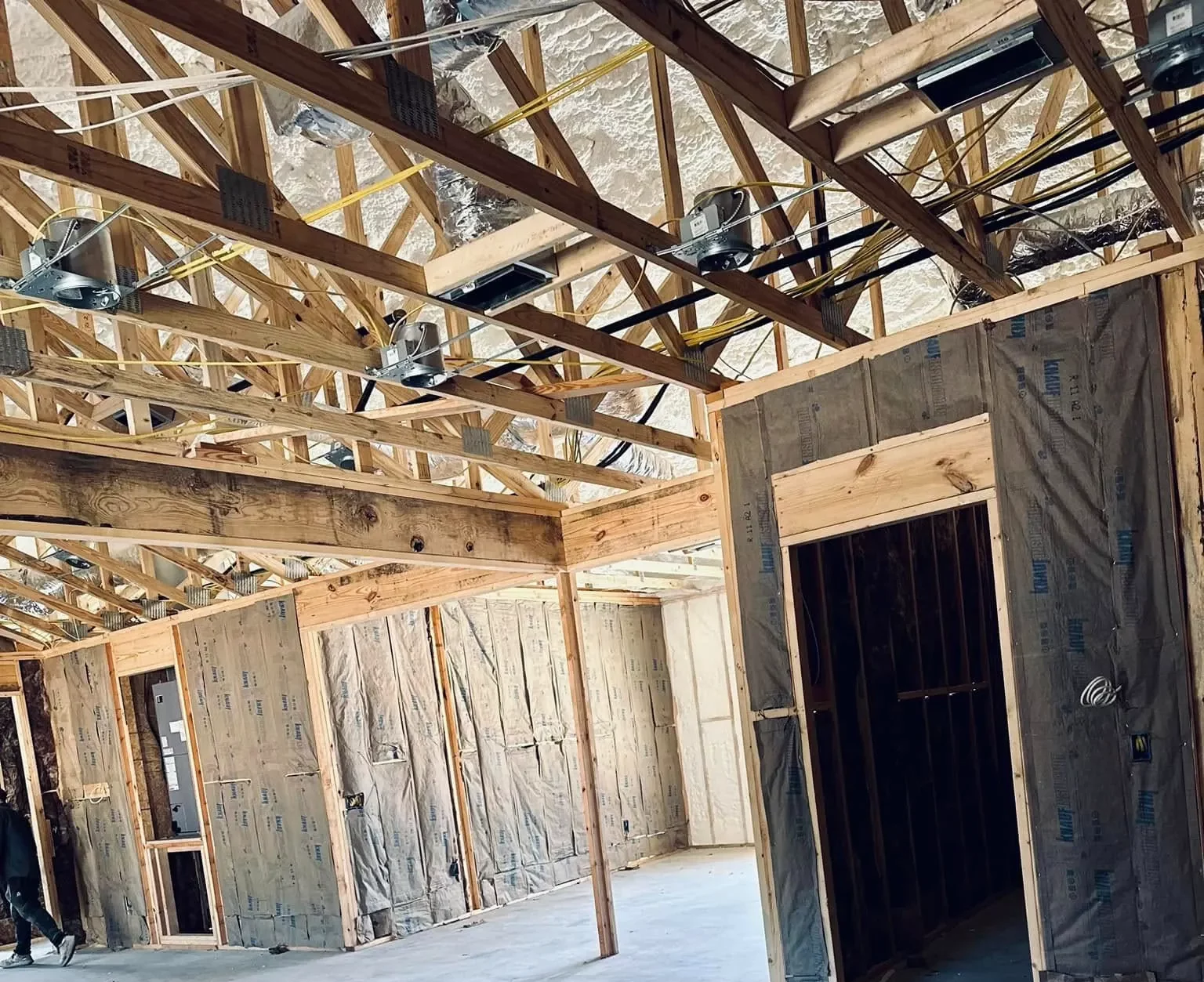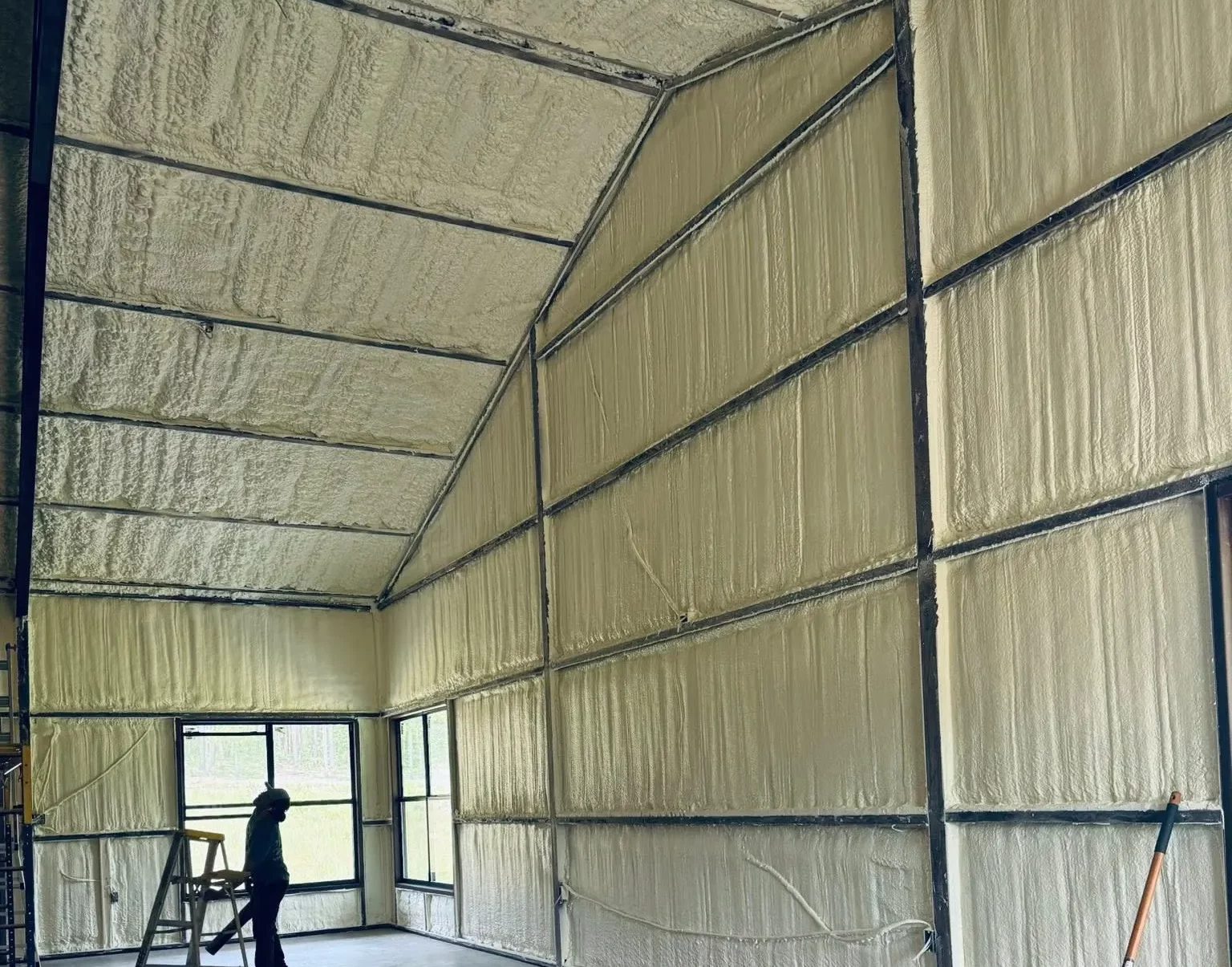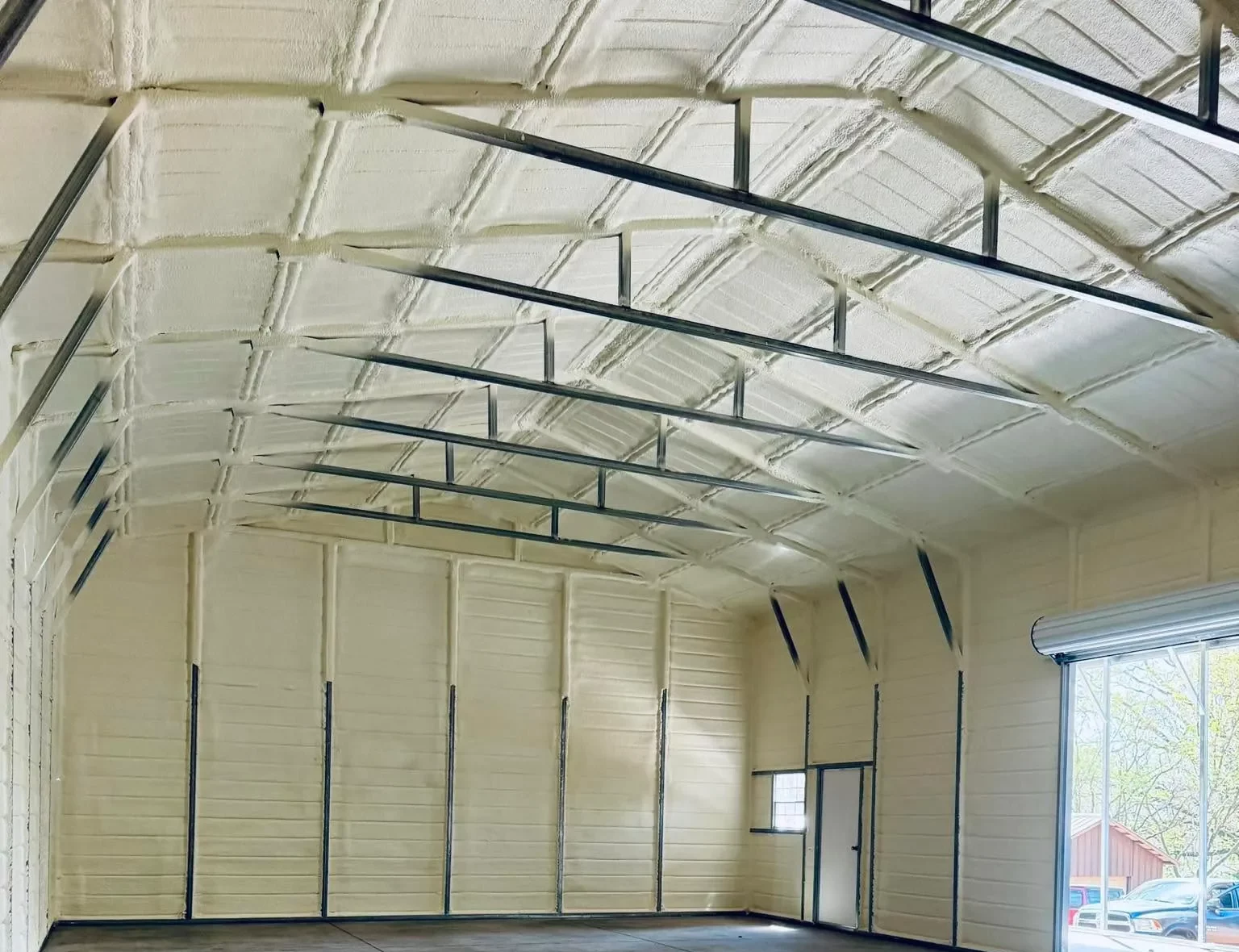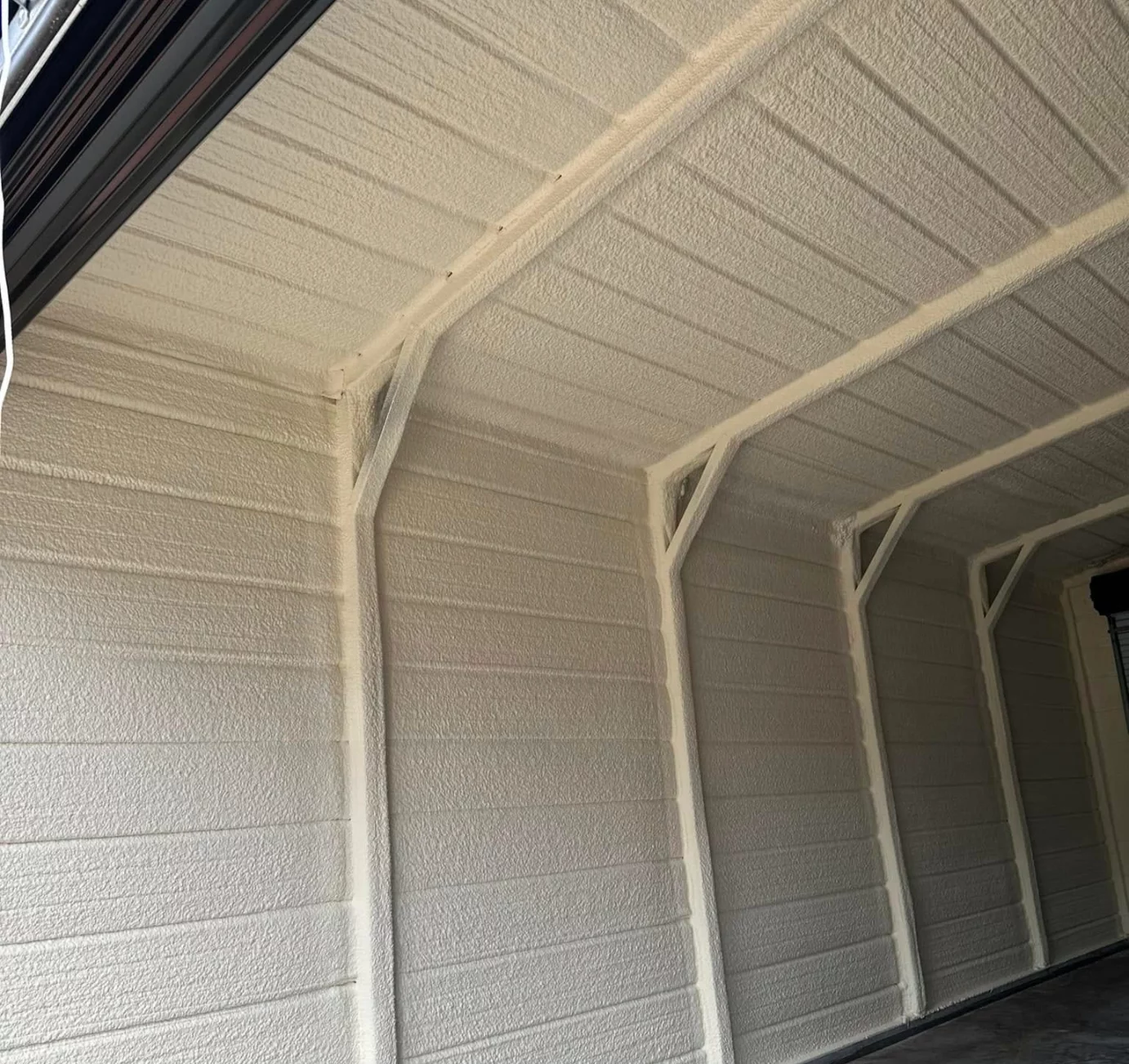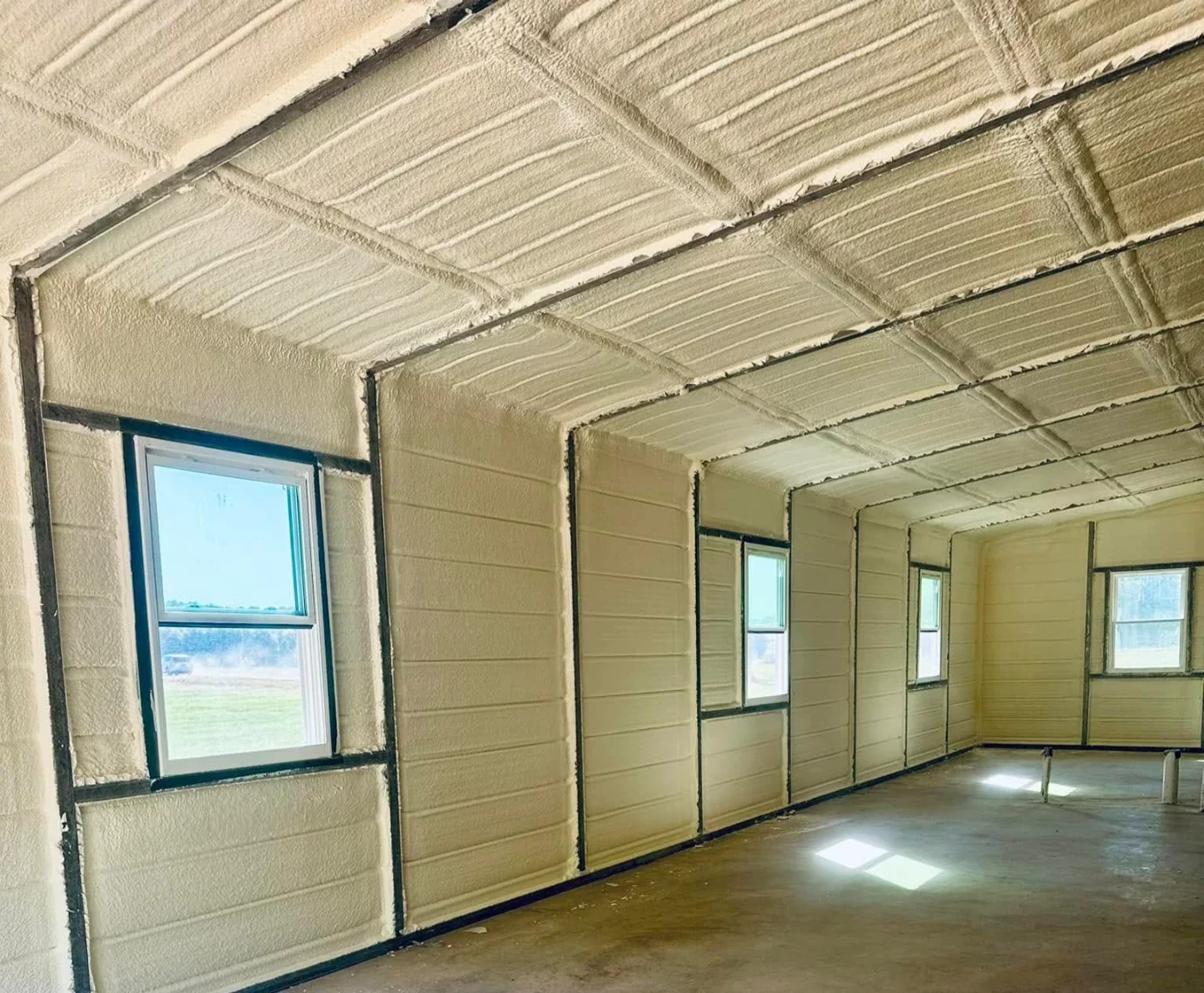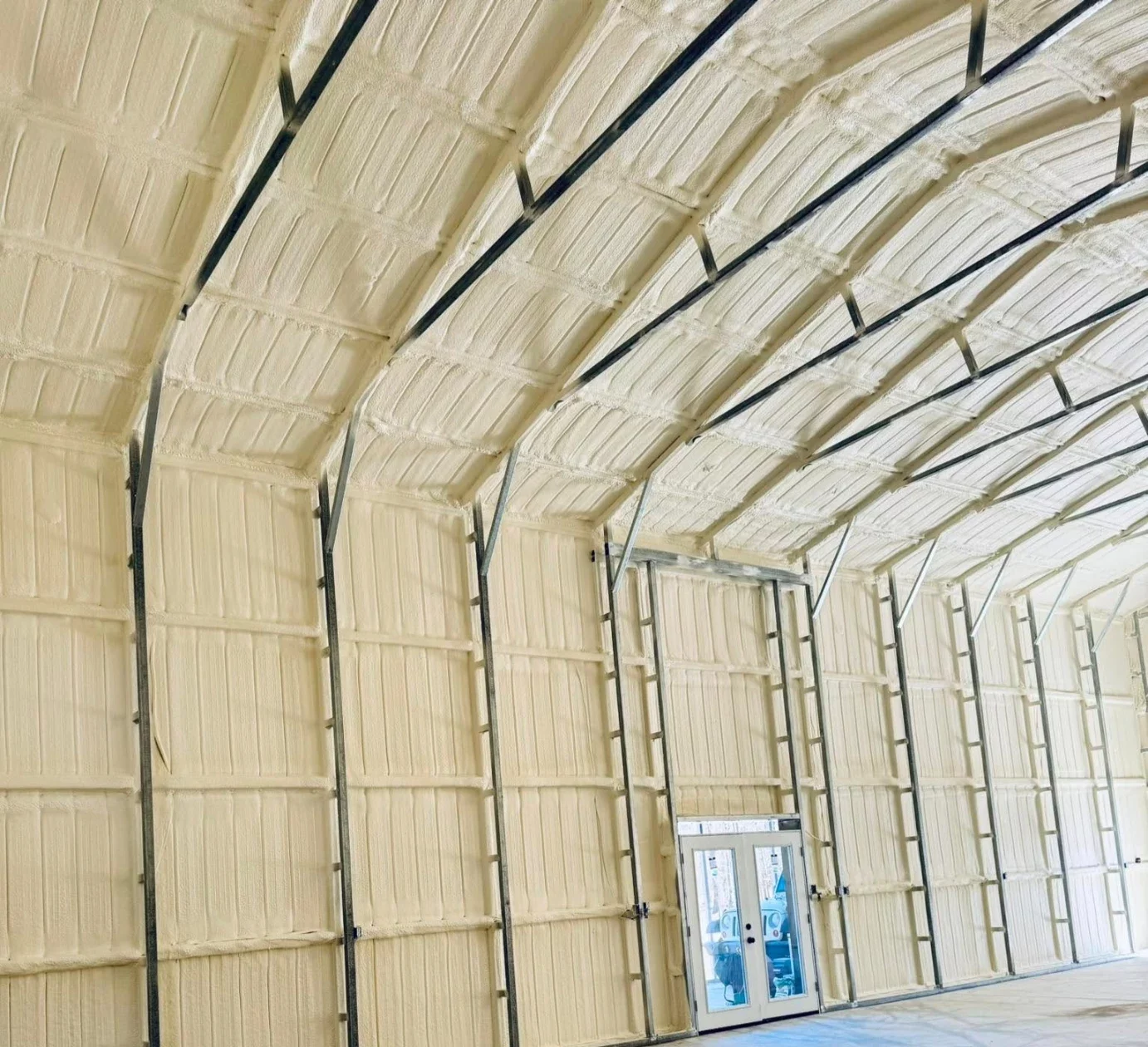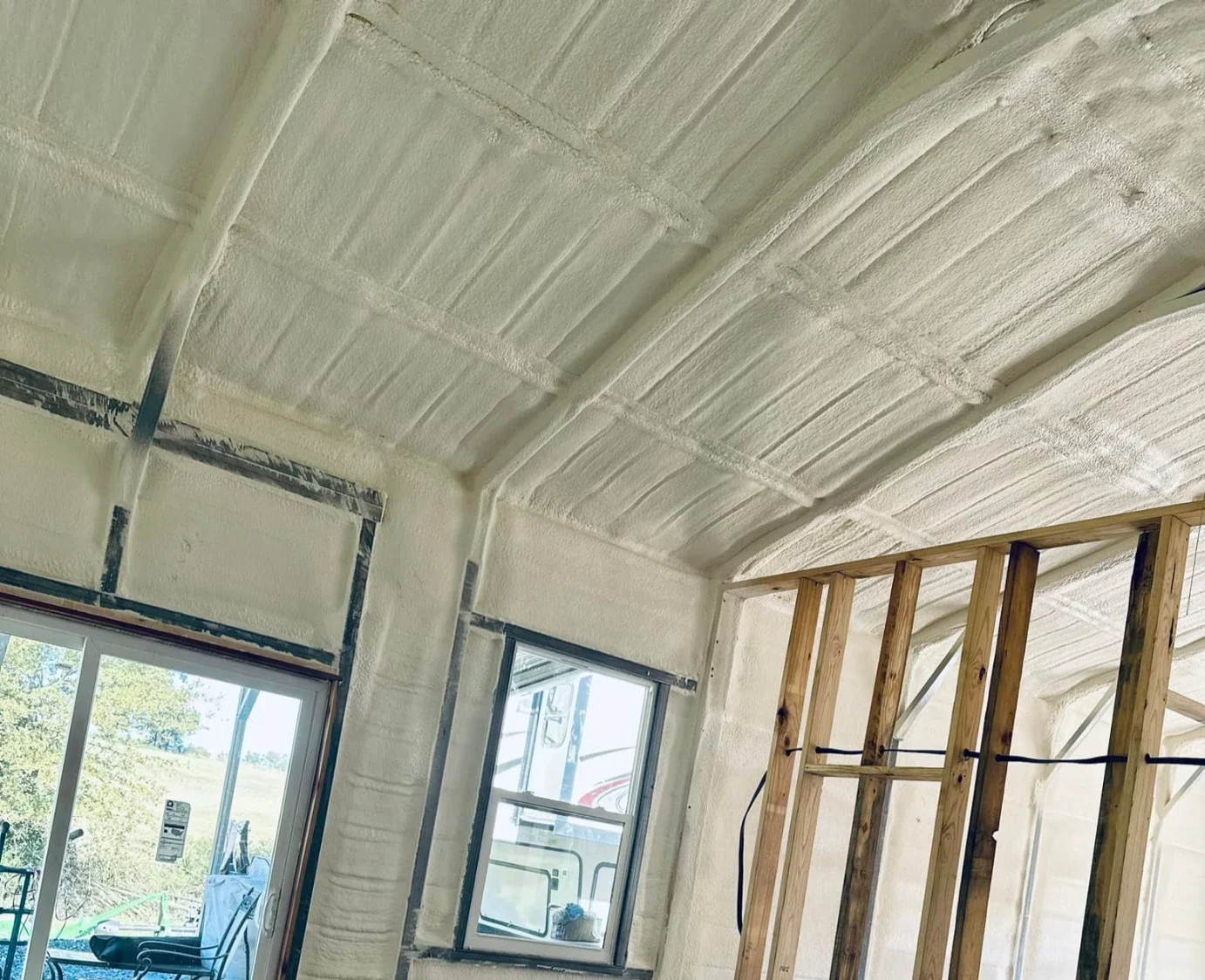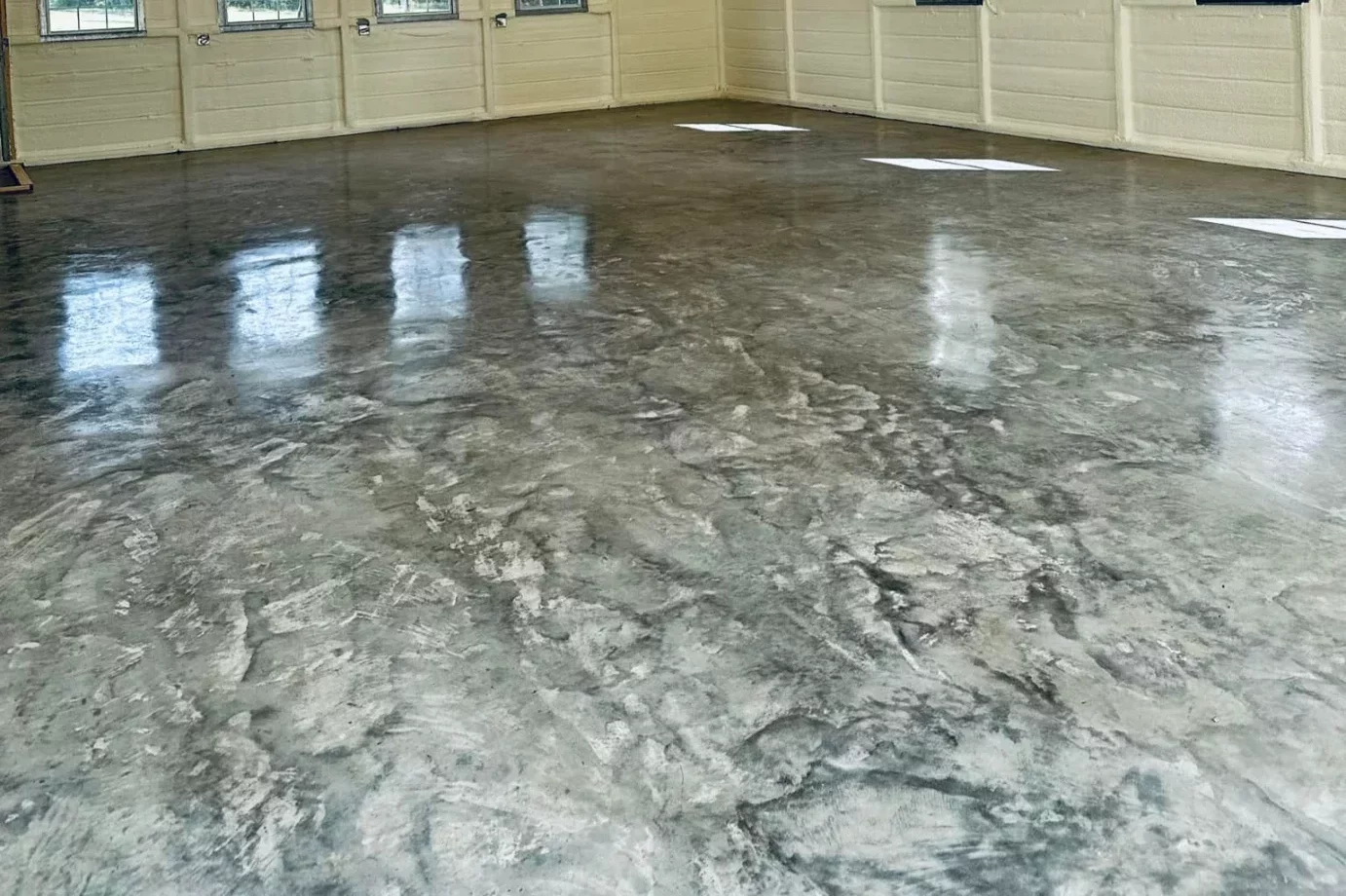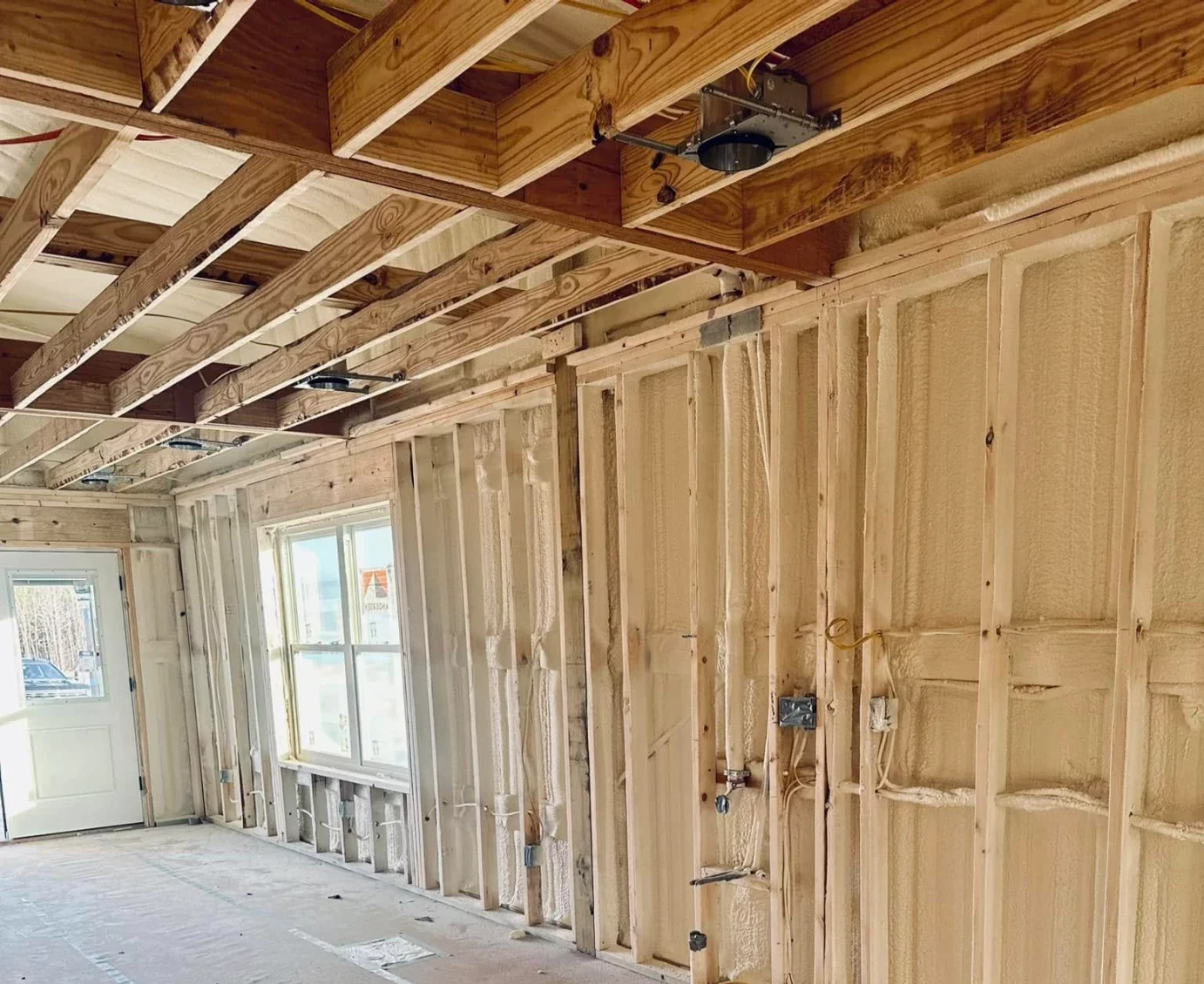Little Rock homes require fiberglass insulation primarily due to the region’s humid subtropical climate, which creates year-round temperature fluctuations ranging from winter lows of 28°F to summer highs exceeding 92°F. This climate pattern demands effective thermal barriers to maintain indoor comfort while managing moisture control and energy efficiency. Fiberglass insulation addresses these specific challenges by […]
